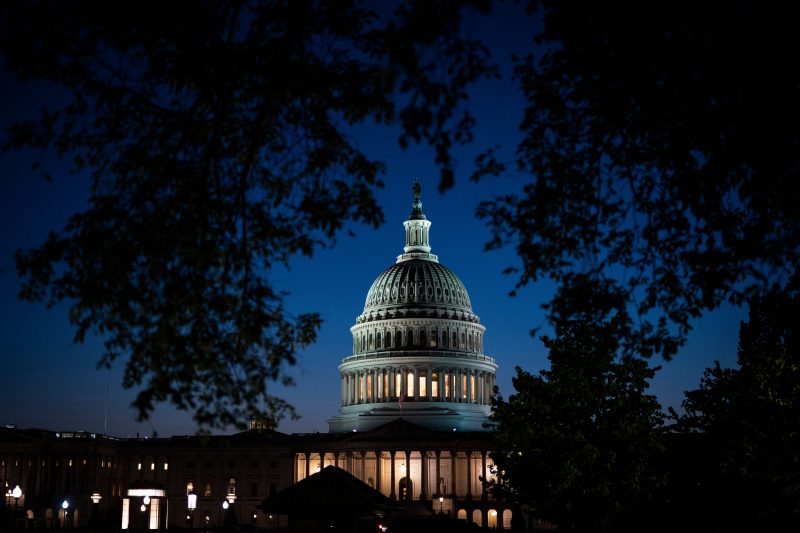The Senate Pursues Action Against AI Deepfakes in Election Campaigns
The exploration of the impact of AI deepfakes on election campaigns has become a significant focus for the Senate. Deepfakes, which are highly realistic artificially generated videos, present a growing concern as they have the potential to manipulate public opinion and disrupt the democratic process. In response to this emerging threat, lawmakers are considering measures to regulate and combat the spread of deepfake content during election cycles.
One key aspect of the Senate’s deliberation involves determining the extent to which deepfakes can influence voters’ decisions. Studies have shown that individuals are vulnerable to misinformation presented in a compelling and convincing manner, making them susceptible to being swayed by false narratives propagated through deepfake videos. By exacerbating existing social divisions and spreading disinformation, deepfakes could have a detrimental impact on the electoral process and undermine public trust in democratic institutions.
Moreover, the ease with which deepfake technology can be deployed poses a challenge for election integrity. Unlike traditional forms of propaganda, which are typically identifiable and traceable, deepfakes are sophisticated tools that can deceive viewers into believing false information. This raises concerns about the authenticity of political discourse and the potential for malicious actors to exploit deepfakes for their own gain.
In response to these concerns, the Senate is exploring various policy options to address the proliferation of AI deepfakes in election campaigns. One proposed measure involves enhancing transparency requirements for online platforms to disclose the presence of deepfake content and take action to remove or flag such material. By holding platforms accountable for monitoring and moderating deepfake content, lawmakers aim to mitigate the dissemination of misleading information and prevent its influence on voters.
Additionally, efforts are being made to bolster public awareness about the existence and implications of deepfakes. Education campaigns and media literacy programs can empower individuals to critically evaluate the information they consume and discern between authentic and manipulated content. By equipping voters with the tools to identify and resist the influence of deepfakes, the Senate hopes to fortify the resilience of democratic processes against emerging threats.
As the Senate pursues action against AI deepfakes in election campaigns, a multi-faceted approach encompassing regulation, transparency, and education is essential to safeguarding the integrity of the electoral process. By addressing the challenges posed by deepfake technology proactively, lawmakers can uphold the principles of democracy and ensure that voters are equipped to make informed decisions based on accurate information, free from manipulation.
